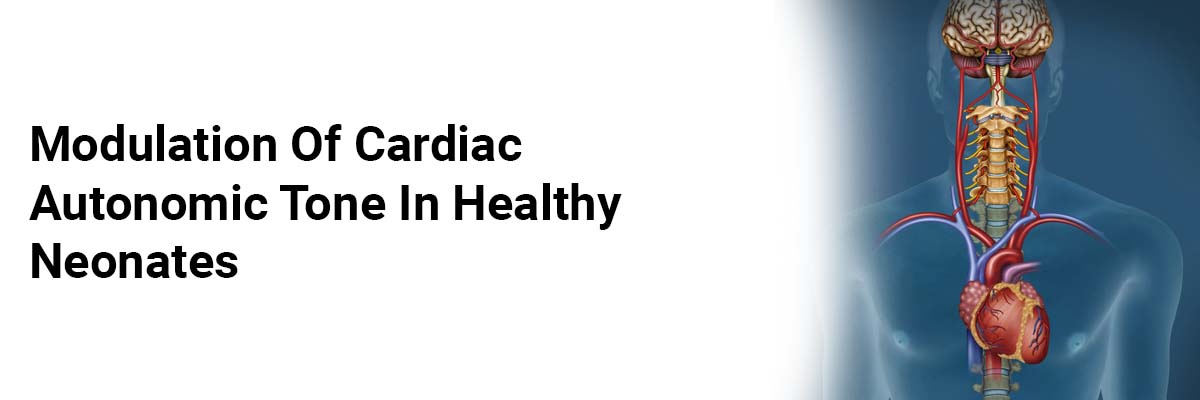
 IJCP Editorial Team
IJCP Editorial Team
Modulation Of Cardiac Autonomic Tone In Healthy Neonates
The normal heart rate variability (HRV) values in newborn infants remain unclear. A recent study aimed to evaluate the feasibility of measuring and analyzing short-term HRV in 20 healthy-term neonates (meeting criteria of gestational age > 37 weeks and APGAR score ≥ 8 at 5 minutes).
It assessed Cardiac autonomic modulation through short-term HRV, involving a continuous 5-minute recording of electrocardiogram (ECG) using lead II. The HRV analysis included the Time Domain, Frequency Domain, and Non-Linear methods.
In the Time Domain, values for the first and third quartiles of SDSD ranged from 10.78 to 36.43 ms, RMSSD from 10.82 to 36.4 ms, and pRR50 from 0.39 to 16.82. Frequency Domain values in the first and third quartiles were 56.04 to 72.97 n.u. for LF, 26.76 to 41.58 n.u. for HF, and the LF/HF ratio was 1.33 to 2.72. Non-linear values in the first and third quartiles were 7.62 to 25.76 ms for SD1 and 25.50 to 46.03 ms for SD2.
This study demonstrates the feasibility of recording HRV in neonates and suggests its potential as a noninvasive diagnostic and prognostic tool for assessing neonatal and infant diseases.
Tripathi S, Khandelwal E, Khandwal O. Modulation of Cardiac Autonomic Tone in Healthy Neonates in New Indian Journal of Pediatrics. 2019; 8(4): 178-182

IJCP Editorial Team
Comprising seasoned professionals and experts from the medical field, the IJCP editorial team is dedicated to delivering timely and accurate content and thriving to provide attention-grabbing information for the readers. What sets them apart are their diverse expertise, spanning academia, research, and clinical practice, and their dedication to upholding the highest standards of quality and integrity. With a wealth of experience and a commitment to excellence, the IJCP editorial team strives to provide valuable perspectives, the latest trends, and in-depth analyses across various medical domains, all in a way that keeps you interested and engaged.





















Please login to comment on this article